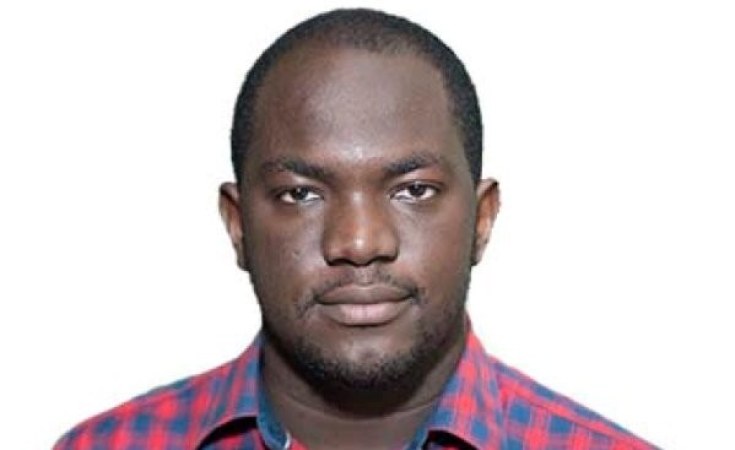In February, Muhammadu Buhari was re-elected as Nigeria's President. He won by a handy 14 percent margin. But, the election was marred by delays, allegations of voter fraud, and violence .
His opponent, Atiku Abubakar, is challenging the results in court. Even more troubling was low voter turnout , which reached the lowest level in twenty years. Nigerians' weak participation in elections reflects rising disillusionment with democracy. This is partly due to growing authoritarian tendencies in the Buhari-led government.
To restore faith in Nigeria's democracy, Buhari must prove his commitment to it. This is especially important because of Nigeria's relationship with the United States. Nigeria is its second largest trading partner in Africa. It is also a key military ally, fighting against the spread of radicalism in the Sahel. Before Buhari starts his second mandate in May, he should focus on making three key changes: strengthening the rule of law, upholding freedom of the press, and unlocking economic opportunities for the youth.
Buhari must reverse his impulses to undermine the rule of law and instead strengthen it. Under Buhari's rule, Nigeria has become a more repressive society. Nigeria is currently ranked 106 among 126 countries in the Rule of Law index. In particular, he eroded the judiciary's independence by firing Nigeria's chief judge . This prompted deep concern from Washington. Buhari has also flouted federal high court rulings. In 2017, Buhari jailed Sambo Dasuki, a former national security adviser, alleging corruption. While the court ruled many times to release Dasuki on bail, Buhari refused to grant his freedom and has undercut the court's autonomy. Accepting the judiciary's independence would show Nigerians that Buhari is serious about the rule of law -- and could trigger a sea change in political institutions from the highest offices to the grassroots levels.
Moreover, Buhari needs to uphold freedom of the press. Over the last four years, freedom of expression has weakened. The Buhari government has closed a radio station , sanctioned tens of others, and shut down several news websites . Given the widespread closing of media outlets, Nigerians are right to question Buhari's commitment to an independent press. Moreover, the Nigerian government has jailed several investigative journalists. In this deteriorating climate, Nigeria has dropped to 119th place on the World Press Freedom Index. Supporting a free and functioning press would provide the population with the needed information to make informed voting decisions and hold political representatives accountable.
President Buhari wants the government to drive the economy, not the market. His state-led economic policies have crippled economic growth and hurt the middle class -- a key enabling factor for democracy. He must own up to his poor economic record which has driven an estimated twenty million people out of jobs . The majority of the unemployed are young people who account for 70% percent of the population. They can represent a positive demographic dividend or a ticking time bomb . If Nigeria's youth population is to be an asset, not a threat, the government must invest in education and job-training programs. Nigeria's tech and creative sectors point to the opportunities ahead for Nigeria's youth. In 2017, American venture capital funds invested $114.6 million in Lagos tech startups. Nigeria's music and film industries, worth a potential $3.3 billion , are producing content for the global market. Buhari's economic policies will continue to harm, not help, the Nigerian economy, which is still recovering from the oil price collapse . He must embrace market-led reforms, promote entrepreneurship, and drive innovation and competition. Restoring faith in the economy will reduce the likelihood of Nigerians turning to radical populism and bolster democracy.
The United States should care about the health of Nigeria's democracy. A weakening of Nigeria's democratic institutions could increase instability and threaten American interests. The US should push Buhari to make sweeping changes that restore faith in Nigerian democracy. The process has already started: last year, Buhari met President Trump . During their meeting, Trump urged Buhari to remove trade barriers and promote tolerance. Washington should take the lead and match words with action.
Adewunmi Emoruwa is the Editor-at-Large of Nigeria's The Election Network (TEN). TEN monitored the Nigerian elections with the support of the DC-based National Endowment for Democracy.


